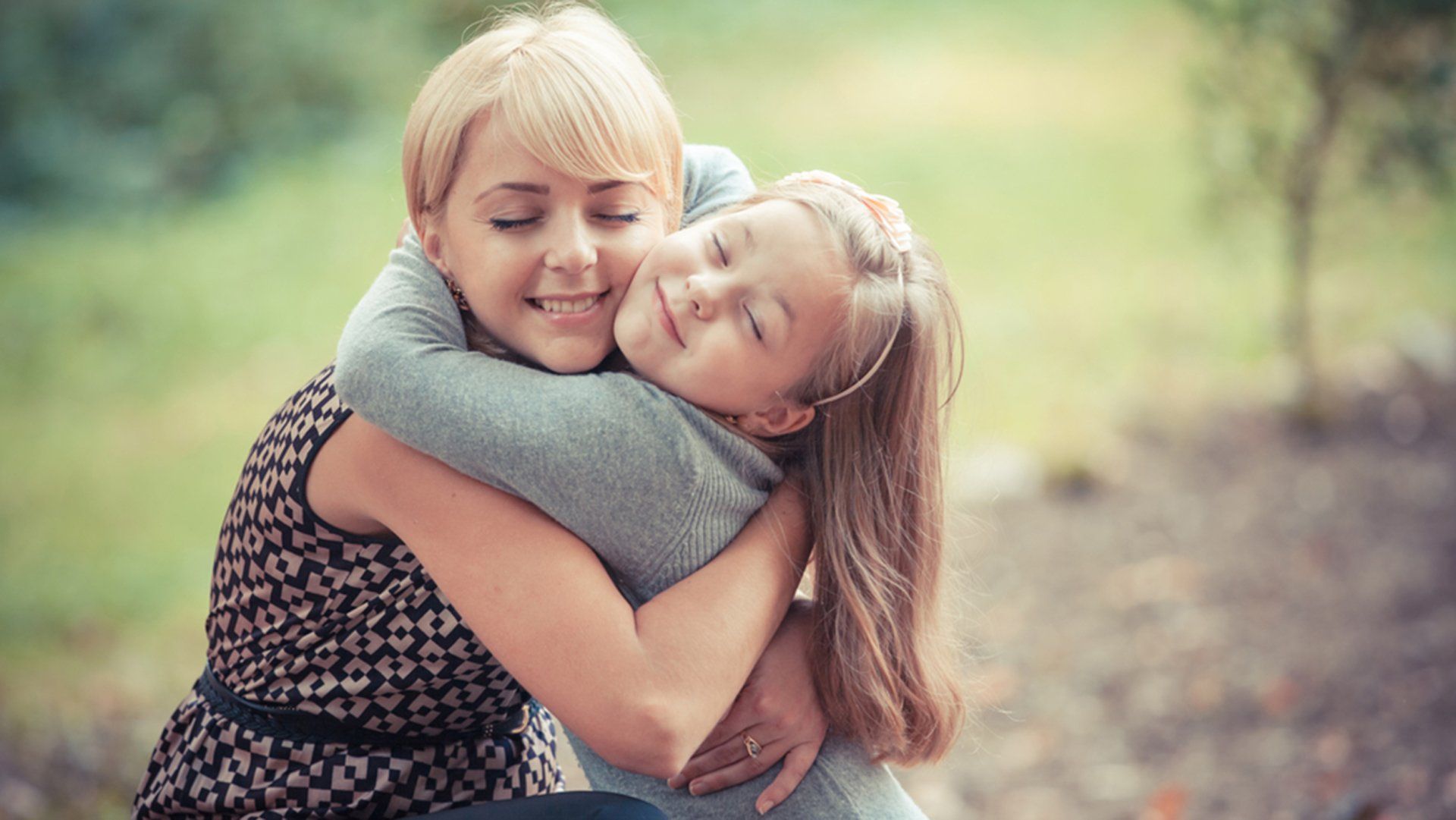Teaching children thankfulness… some helpful tips for parents
Thankfulness is not only about saying thank you when someone gives you something or do something for you. It’s about having an attitude of gratitude. It’s a lifestyle choice that benefit a person’s total wellbeing and ensure a positive outlook on life.
In a world where we tend to focus on the negative and where we are bombarded daily by bad news in the media, life can start to feel like a survival game and a consistent struggle just to keep up.
Having an attitude of gratitude will not change your circumstances, but it will change your perspective on life. For adults it means you have to re-programme your brain to focus on what you have and not on what you don’t have. To focus on the positive things instead of the negative. To count your blessings every day instead of listing your burdens. Re-programming is a difficult and time-consuming process.
Fortunately, children can be taught from a very early age to have the right attitude towards life. Cultivating thankfulness in children can give them the advantage of becoming better adjusted adults with coping skills in place to handle everyday life.
How to you go beyond teaching them to say thank you and cultivate an attitude of gratitude? Here are some useful age-appropriate tips for parents from our EQ4Kids Director, Antoinette Steyn:
Tips for parents with toddlers
You can start exploring the subject of thankfulness when your child is 3-years-old. Focus on teaching them to be appreciative of certain and specific things like pets, objects and people.
Pre-schoolers are not necessarily ungrateful, it is just that in certain aspects they don’t understand gratitude the way an adult does.
Be patient with your child and see everything you do towards teaching your child thankfulness as one brick in the wall towards building a house.
Begin at dinner time, once a week, by giving each member of the family a chance to say what they are thankful for.
Help your child create thank you notes to give to people.
By age 4 most children are able to be thankful for not only material things, but also for acts of service and certain qualities in people.
Show your child that you are thankful for them and the things they do;
Don’t demand that your child to say thanks – rather say, “I like it when you say thank you” and praise your child when they do show gratitude;
Consider the reasons for ungrateful behaviour. When your child is ungrateful and is still a toddler, it is necessary to take into consideration whether your child might be uncomfortable, hungry, tired etc.
Take your child’s temperament into consideration – some children are just more talkative than others – never embarrass your child for not being grateful;
Encourage your child to help others. It is good for them to receive appreciation from others; this will contribute to them learning the importance thereof.
Tips for parents with 5-6-year-olds
Try not to always buy your child something when he/she demands it.
Teach your child appreciation by demonstrating it as often as possible.
Find ways to show your appreciation for your child other than material things.
Have in depth discussions with your child about the two things he/she was most grateful for during each day.
Put it in their memory. Help your child to write a song or poem which they can learn and memorise.
Make a unique gift list. Make a list of gifts that can be given to people other than material things and help your child choose when he/she can give this gift to certain people. E.g. “Today is Grandma’s birthday – let’s pick something on the list like picking flowers for her to say we love and appreciate her.”
Make a gratitude jar with your child. Put notes in this jar every regularly of things they were grateful for and read everything in the jar occasionally.
Tips for parents with children in primary school
Share your ability to be thankful for everything you have with your child and encourage them to do the same.
Encourage your child to start a Thankfulness Journal where he/she has to write five things every day that they are thankful for. Encourage them to read through this Journal on the days that they are feeling down or negative.
The wonderful things in your life can either mean nothing or everything to you, your life can feel empty or fulfilled, it all depends on your decision to be thankful and appreciative of what you do have instead of wanting only what you don’t have.
When we spend all our time wanting more and needing more we end up creating a life which never brings fulfillment. In contrast, when we wake up every day and make a conscious decision to see everything we have and be thankful for it – we end up having a life filled with riches, happiness and more than we could ever want. This type of mindset is something we can teach our kids by displaying these qualities ourselves.
Share Post
Complete the following form if you require more info about EQ4kids or want to enroll your child at your nearest Franchise.
Blog Enquiry










